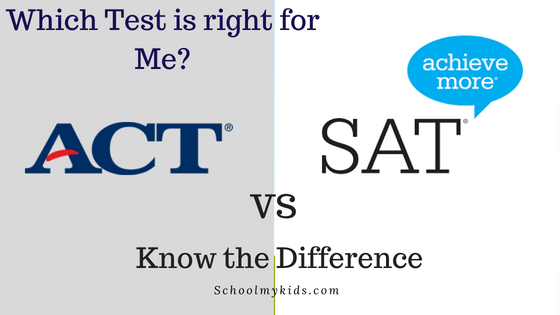As a parent, watching your child grow is one of life's greatest joys. It's also a time of anticipation and questions, especially as you approach the milestone of school readiness. School readiness is not just about age; it includes various mental, physical, and emotional factors that contribute to a child's ability to thrive in a school environment. Understanding these signs can help ensure a smoother transition into preschool or kindergarten. In this blog, we will explore the Top 10 Signs Your Child is Ready for School, focusing on credible indicators of child development that can guide parents in their preschool preparation efforts.
Top 10 Signs Your Child is Ready for School
Independence in Daily Tasks
One of the first signs that your child is ready for school is their ability to perform daily tasks independently. This includes simple actions like dressing themselves, using the bathroom without assistance, and managing their belongings. When children show confidence in these areas, it indicates they are developing the self-sufficiency necessary for a classroom setting. For example, if your child can put on their shoes or pack their lunch, it's a positive sign of readiness.
Ability to Follow Directions
Following instructions is crucial in a school environment where teachers provide guidance for activities and learning tasks. If your child understands and follows simple directions—like "Please pick up your toys" or "Let's wash our hands"—this indicates they are developing the listening skills necessary for success in school. Engaging them in activities that require following multi-step directions can further enhance this skill.
Social Skills and Friendships
Social interaction plays a significant role in school readiness. If your child enjoys playing with peers and demonstrates the ability to share, take turns, and express emotions appropriately, they are likely ready for the social demands of school. Look for signs of empathy, such as comforting a friend who is upset or showing interest in others' feelings. These interactions are foundational for building relationships in a classroom setting.
Emotional Regulation
Being able to manage emotions is another critical aspect of child development that indicates readiness for school. Children should be able to express their feelings verbally rather than through tantrums or aggressive behavior. If your child can articulate their emotions—saying things like "I'm sad" or "I'm frustrated"—and use coping strategies when upset, they are better prepared to handle the emotional challenges of school.
Curiosity and Interest in Learning
A natural curiosity about the world around them is a strong indicator of readiness for school. If your child asks questions about how things work or shows interest in books and stories, they are likely prepared for the structured learning environment of preschool or kindergarten. Encouraging this curiosity through reading together or exploring new topics can further enhance their enthusiasm for learning.
Communication Skills
Children need to be able to express their needs and thoughts clearly, whether through spoken language or gestures. If your child can hold conversations, ask questions, and describe experiences with some detail, it's a sign they possess the verbal skills necessary for classroom interactions.
Attention Span
A developing attention span is crucial as children will need to focus on tasks and activities during school hours. If your child can sit quietly and concentrate on an activity—like completing a puzzle or listening to a story without frequent distractions—they are likely ready for the structured environment of school. Gradually increasing the time spent on focused activities at home can help build this skill.
Physical Development
Physical readiness includes gross motor skills (like sitting, running, and jumping) and fine motor skills (like holding a pencil or using scissors). Children should be able to engage in physical play and complete tasks that require hand-eye coordination. If your child enjoys climbing, running, or participating in crafts, these activities indicate they are physically prepared for the demands of preschool.
Familiarity with Routines
Children who thrive in structured environments often benefit from having established routines at home. If your child understands daily routines—like mealtime, bedtime, and playtime—they will likely adapt well to the schedule at school. Creating uniform routines helps children feel secure and prepares them for similar structures in educational settings.
Willingness to Separate from Parents
Separation anxiety is common among young children; however, if your child shows signs of comfort when spending time away from you—such as during playdates or short outings—it suggests they may be ready for school. Practicing short partitions can help ease this transition and build confidence in their ability to engage independently.
Conclusion
Recognizing these Top 10 Signs Your Child is Ready for School can alleviate some of the anxiety surrounding school readiness for both parents and children alike. By focusing on aspects of child development such as independence, social skills, emotional regulation, and communication abilities, parents can better prepare their little ones for the exciting journey ahead. As you embark on this important milestone with your child, keep these insights in mind as part of your preschool preparation strategy—ensuring that both you and your child feel confident as they take their first steps into the world of education!






